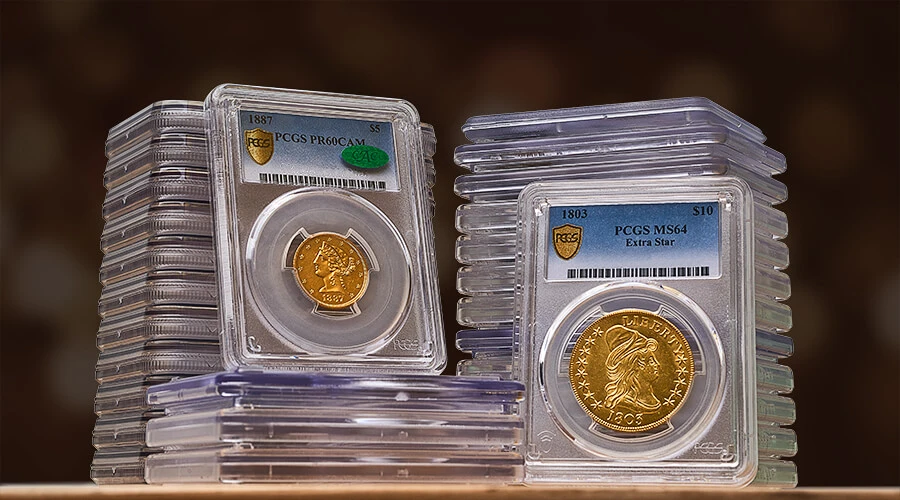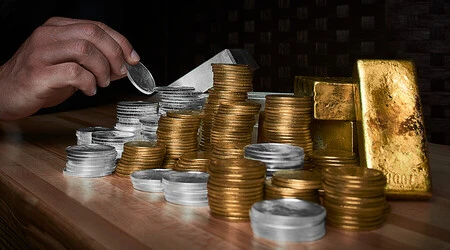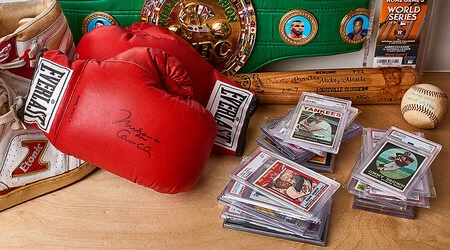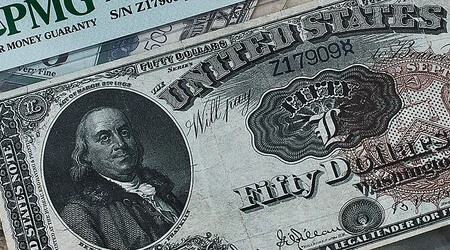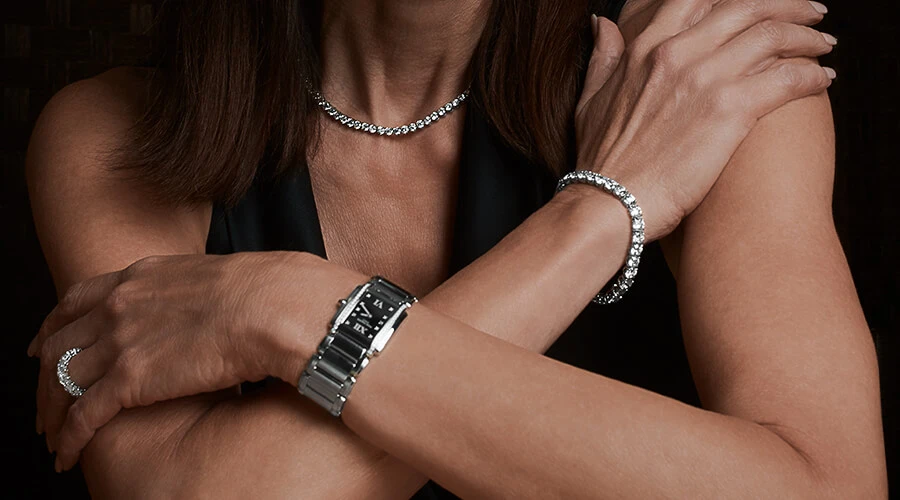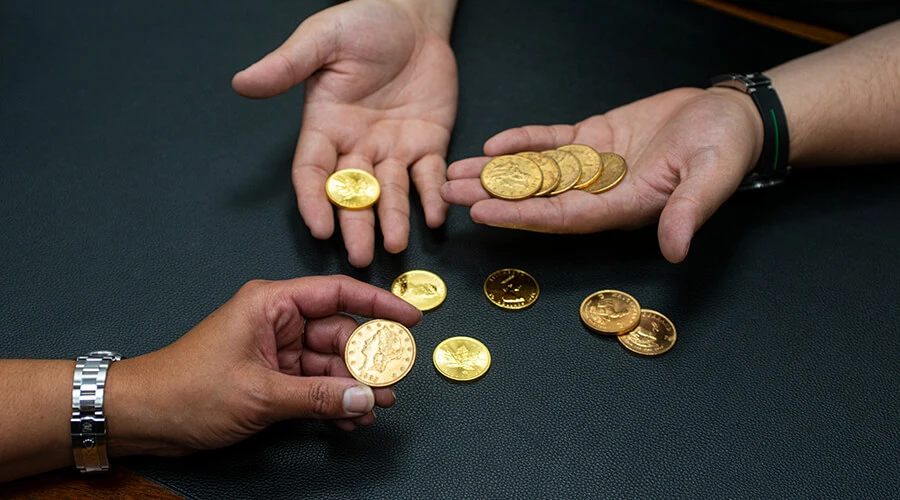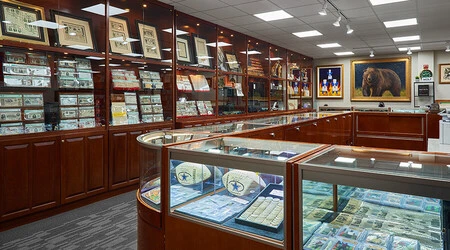We’ve all seen the ads on late-night TV telling us how we may be sitting on a potential windfall with our old gold jewelry. "Cash for Gold" kiosks are everywhere! With gold hitting the highest prices in years, throngs of new gold buying businesses are popping up all over.
In theory, it’s a great way to get a little extra cash to help pay the bills, or take a vacation. The truth is, that for every reputable gold buying business out there, there are many more that are less than honest. From kiosks at the mall, to pawn shops, jewelry stores, and even Internet mail-in gold buying websites, you have to be extremely careful. Not all gold buyers are equal when it comes to how they price your items, what they actually pay, even how they determine the actual purity of your gold jewelry.
When it comes to selling your scrap gold, you need to educate yourself, shop around, and make sure to do your homework before you seal the deal.
What To Look For When Selecting A Dealer
Obviously, you want the best price for your items. Gold prices offered by dealers rely on two aspects when determining a price; gold weight, and purity. To get the highest price for your items you need to receive an accurate gold purity evaluation. When shopping for a dealer, always look for:
• A licensed dealer – Most states require gold dealers to be licensed to operate their business in the state. Some states and many “Internet dealers” do not require any kind of licensing. Always work with a licensed dealer!
• Day-to-Day buyer AND seller – Make sure that any dealer you choose buys and sells on a daily basis. First, that shows that they understand the process, the market, and the premiums involved and allows them to pay the highest prices for your gold.
• Make sure they have a solid reputation – Ask around, check with the Better Business Bureau, and online. With so many dealers in the marketplace, you need to make sure the dealer you choose has a stellar reputation in the industry.
• Make sure they have a permanent, brick and mortar location – With new dealers opening shops every day, you want to make sure that you are dealing with a reputable, reliable dealer. If they have invested in a permanent location, you can be fairly certain they’re not going anywhere. Today’s cash-for-gold kiosk at the mall is tomorrow's “flying drone” shop! Longevity in the business is a great sign that they’re legitimate.
Educate Yourself!
In an ideal world, you would receive 100% of the value of your gold based on the daily spot price of the metal. The reality is, that cash for gold dealer’s prices can vary widely! Some pay as little as 8% of the actual value of your gold, while others pay as high as 80-90% of the daily spot price. The average is in the 60-70% range and you should never accept less than 60% for your scrap gold. For more tips on buying and selling gold, read this blog.
So how do you know what your gold is worth?
First, there are plenty of sites online that can give you the up-to-the-minute daily spot price of gold for example Goldprice.org is particularly good. Here you’ll find the daily spot price available both by the ounce and by the gram. This is particularly useful since you will often have jewelry items that weigh less than an ounce. If you know the price per gram, you can more accurately assess what you are being offered.
For example, gold is paying just over $1346 per ounce. That translates to $43.40 per gram for pure 24K gold. This price is valid for pure gold, which is only found in investment-grade bullion. Pure gold is too soft for jewelry, so it is often mixed with various percentages of base metals to create 18K, 14K, 10K etc. Because gold is priced by both weight and purity, you will need to do a little math to determine the value of your “scrap” gold.
As a guide, here are the most common gold purity values:
- 18K = 75% gold
- 14K = 58.3% gold
- 12K = 50% gold
- 10k = 41.7% gold
Using these values, that means that if your gold is 14K (58.3% pure gold) the actual price per gram with gold at $1346 per ounce is $25.30. Most reputable dealers will offer you a percentage of this price taking into account any fees or premiums they may charge, which is how they make their money on these transactions. A reputable dealer will give you the price per gram that they are paying based upon the purity and weight of your piece. If not, simply take the weight and divide the overall price they offer to come up with a price per gram.
For example, you have a 14K gold ring that weighs 9 grams. The dealer offers you $200.00. Divide 200/9 and you come to a price of $22.22 per gram. Based on the spot price this is around 85% of the spot price and a great deal!
Know What You Have
If you understand how gold is priced, and know what you have in terms of karats you can make a reasonable deal. When it comes to selling gold, knowledge is power. Educate yourself. Understand karat weight and how it relates to purity and spot prices. Find and work with a reputable dealer that has been in business for a while and understands the business. A little homework can help you to find the best dealer, and get the best price. This is a win for both parties!
If you are interested in selling your gold, look no further. Contact U.S. Coins and Jewelry, Houston's most trusted source, at 8435 Katy Freeway in Houston or call 713-597-6367.
Sources:
http://www.nwitimes.com/niche/inbusiness/newsletter-featured-story/what-happens-at-all-the-gold-buying-stores/article_34a03780-1131-5fb4-b5c3-c2f17fe0bd94.html
http://www.today.com/money/think-twice-you-sell-your-gold-jewelry-2D80555097
http://www.moneycrashers.com/get-most-for-unwanted-gold/
http://goldprice.org/
https://uscoinsandjewelry.com/pre-1933-gold/












